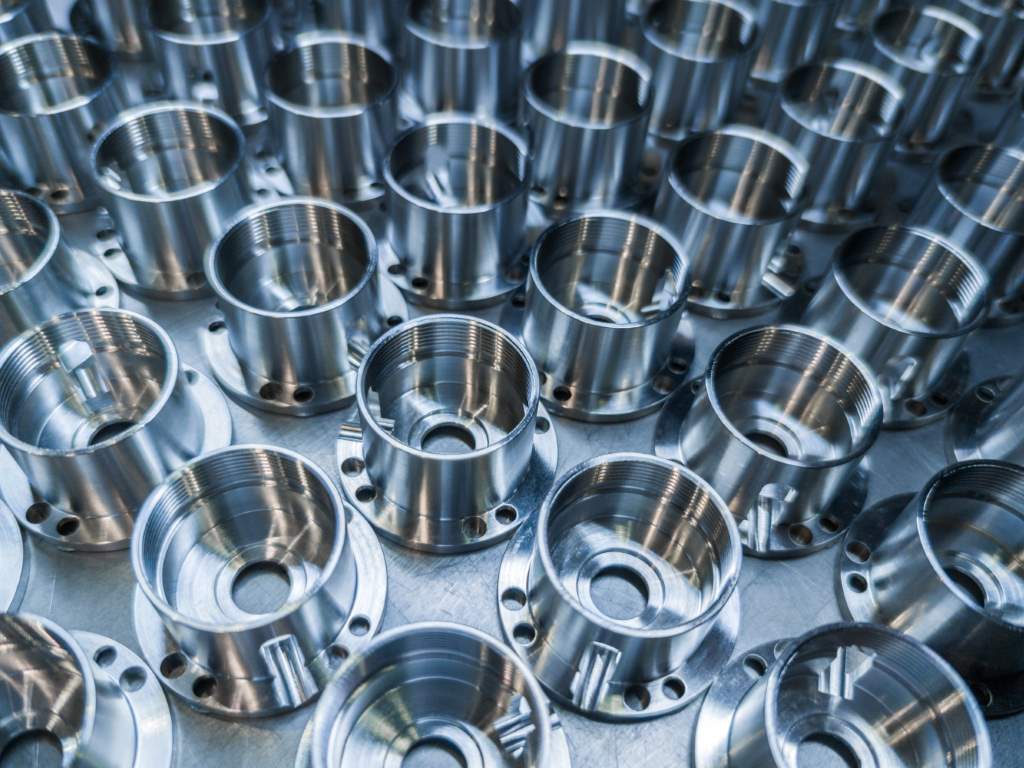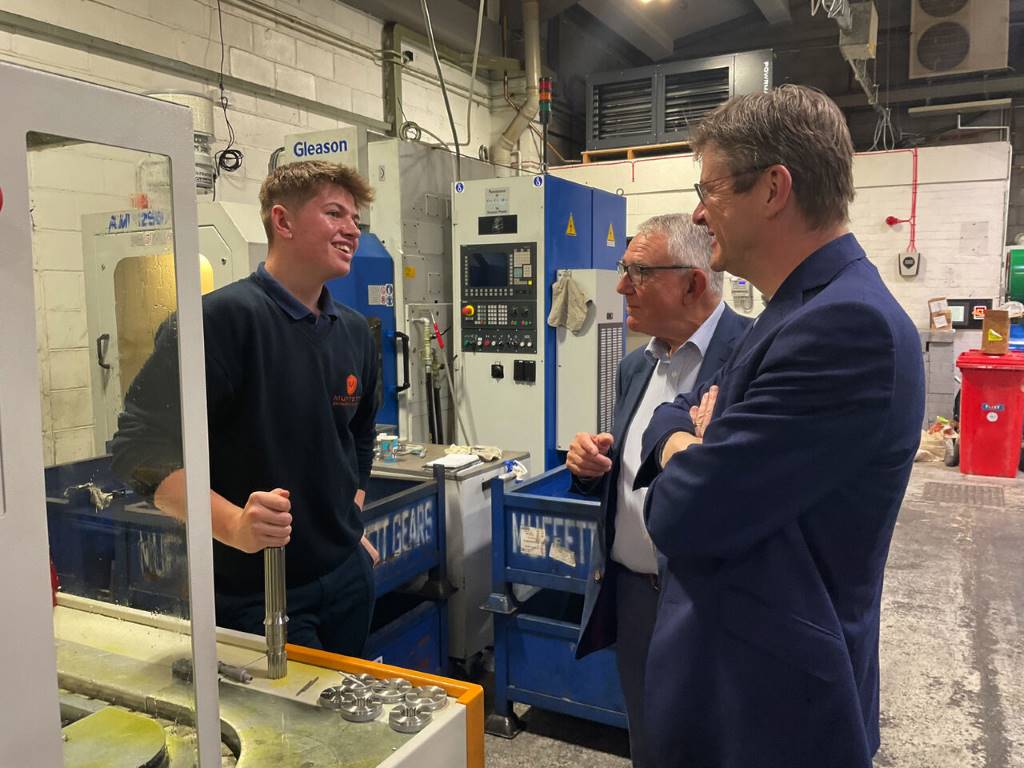Small world
The technology trend to shrink the size of components into more compact assemblies means the challenge towards miniaturisation is creating new orders of sophistication for the precision turning sector.
However, downsizing of machining techniques, and especially processes using turn/milling, is not straightforward.
Miniaturisation is creating ever more difficult to machine and complex components requiring tighter tolerances and surface finishes. The inclusion of additional features on more challenging (to machine) materials is relentless, but the technology offered by the latest CNC sliding head turn/mill centres is not only meeting these demands but is also opening up levels of flexibility, capability and productivity not seen before.
According to Geoff Bryant, managing director of Watford-based Citizen Machinery UK: “The rules applied to full size machining do not directly scale down when a part is under 2mm diameter. The demands on the machine and its user bring a totally different set of rules into play – which is why the sliding head machine has become so important in this sector.”
It is not only size and surface finish requirements that make parts of this type difficult to machine – the geometry applied to enable precise relationships between features to be maintained as well as concentricity and runout tolerances that would be acceptable on larger parts simply cannot be tolerated on many micro components due to their intended application. And, worse still for the machinist, product designers are becoming more aware of the capability of the modern sliding head lathe to design parts that previously were not able to be produced on a commercial scale.
Productivity in miniature
Precision small parts contractor serving the wiring, harness, dental, armature and solenoid, aerospace and musical instrument sectors with a turnover approaching £6 million, Tenable Screw based in Merton, Surrey has four Citizen R07 Type VIs among its 30 Citizen installations.
Running 150 production hours a week, the four machines are now producing miniature connector parts 42% faster than before and they are keeping UK production very competitive for quality, delivery and price against Swiss and French competitors.
Managing director Simon Schlaefli first saw the R-Series producing watch parts in Switzerland and earmarked the machines for his growing ultra-small component demands and to replace older Citizen B12 machines. With the existing bar loading system, Tenable Screw is able to produce parts as small as 1mm diameter.
As an example of the flexibility of the machines, Tenable Screw saved six seconds on each component's cycle time by specifying a polygon milling function to replace an in-cycle hexagon milling operation on a miniature connector that has a 3.8mm diameter hexagon socket. The part has a tolerance of 0.03mm and the complete cycle involves drilling, the milling of two slots 0.2mm wide by 5mm deep, the milling of a bucket area for a solder connection, facing of the front of the component, OD turning and complete deburring to remove all sharp edges.
Machining the 11mm long hexagon saved the additional cost of purchasing non-standard bar and solved problems such as straightness, restriction on speed, special collets and possible added downtime. In addition, to complete the single hit cycle, as the part is ejected, two tangs for crimping connecting wires are automatically clinched ready for assembly – thus saving a further operation.
The polygon tool is held in the front tool post and comprises two carbide blades brazed into the body of the tool. The cycle time takes just 1.5 seconds to produce the six flats with the driven tool rotated at 7,500rpm synchronised with the 2,500rpm spindle speed programmed into the machine's control. For the rest of the cycle, the machine is run at 12,000rpm.
Set in place
At Unicut Precision of Welwyn Garden City, a user of 23 Citizen machines supplying medical, aerospace, hydraulic, brewing and fastening industries, one of its four Citizen K16 sliding head turn/mill centres is being used to turn parts as small as 0.35mm diameter.
One particular component, a 2mm diameter insulator, is produced from polyetheretherketone (PEEK), an abrasion resistant thermoplastic bar material that is able to retain its mechanical properties at elevated temperatures. The components are 13mm long and have a 0.96mm diameter bore which creates a very delicate and thin wall section.
The component also has flats and crossholes and requires up to 12 tools to be used. Explains joint managing director, Jason Nicholson: “Setting skills are critical when talking micro parts. So workholding collets, guide bushes and tool collets have to be high quality to ensure the levels of precision can be maintained.”
After machining, these small parts are collected within the machining confine. Separating swarf and coolant can be a further problem, so Unicut tends to blow out a component from the machine sub-spindle using filtered coolant then capture the part in special collection trays.
Ejection methods
A similar ejection method is employed by HJW Precision Engineering of Thetford on a larger Citizen M32. A recent specialist batch of 300 components used in a sonar device was produced from 3mm diameter non-magnetic material. Similar to the Tenable Screw requirement, director Simon Wing had to produce a solder tab at one end with an outside diameter of 1.3mm and a 0.85mm centre bore which had a 0.5mm cross hole.
At the opposite end a pin diameter of 1.55mm had a 1mm bore with a slit 0.25mm wide by 4mm long. As he describes, this was a perfect application for a sliding head machine. However, to remove the part from the sub-spindle he utilised the Citizen CoolBlaster – a 2,000psi high pressure programmable coolant system – to eject the part into a special basket. The coolant pressure simultaneously cleaned the collet for the next component.
Citizen Machinery
www.citizenmachinery.co.uk Tenable Screw
www.tenable.co.uk Unicut Precision
www.unicutprecision.com













